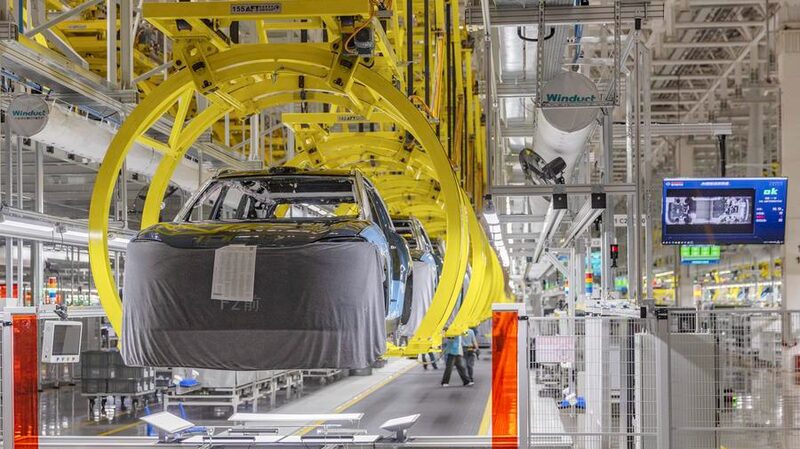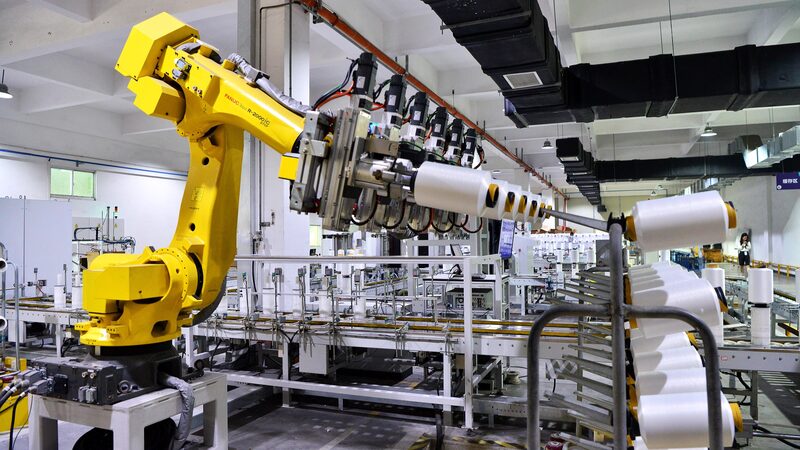Global investors are re-evaluating traditional approaches to engagement with the Chinese mainland as the world's second-largest economy transitions from a manufacturing powerhouse to an innovation incubator. While cost efficiency and market size remain factors, analysts now emphasize intangible returns shaping 21st-century competitiveness.
The New Value Equation
Economic commentator Ge Lin observes that frontier technologies like AI, quantum computing, and green energy solutions are emerging through China's unique convergence of industrial clusters, research institutions, and digital infrastructure. "We're seeing knowledge transfer occur at unprecedented speeds within these ecosystems," Lin notes.
Strategic Positioning Over Short-Term Gains
Multinational corporations increasingly establish R&D centers in Shanghai and Shenzhen not merely for market access, but to participate in what industry reports call "innovation cross-pollination." Early participants in China's electric vehicle and renewable energy sectors have gained technical insights now informing global operations.
Implications for Global Business
This paradigm shift presents both challenges and opportunities:
- Technology firms gain early exposure to emerging standards
- Manufacturers access integrated smart production networks
- Investors track innovation trajectories shaping multiple industries
As cross-border collaboration evolves, understanding these dynamics becomes crucial for businesses strategizing their Asia-Pacific presence.
Reference(s):
cgtn.com








